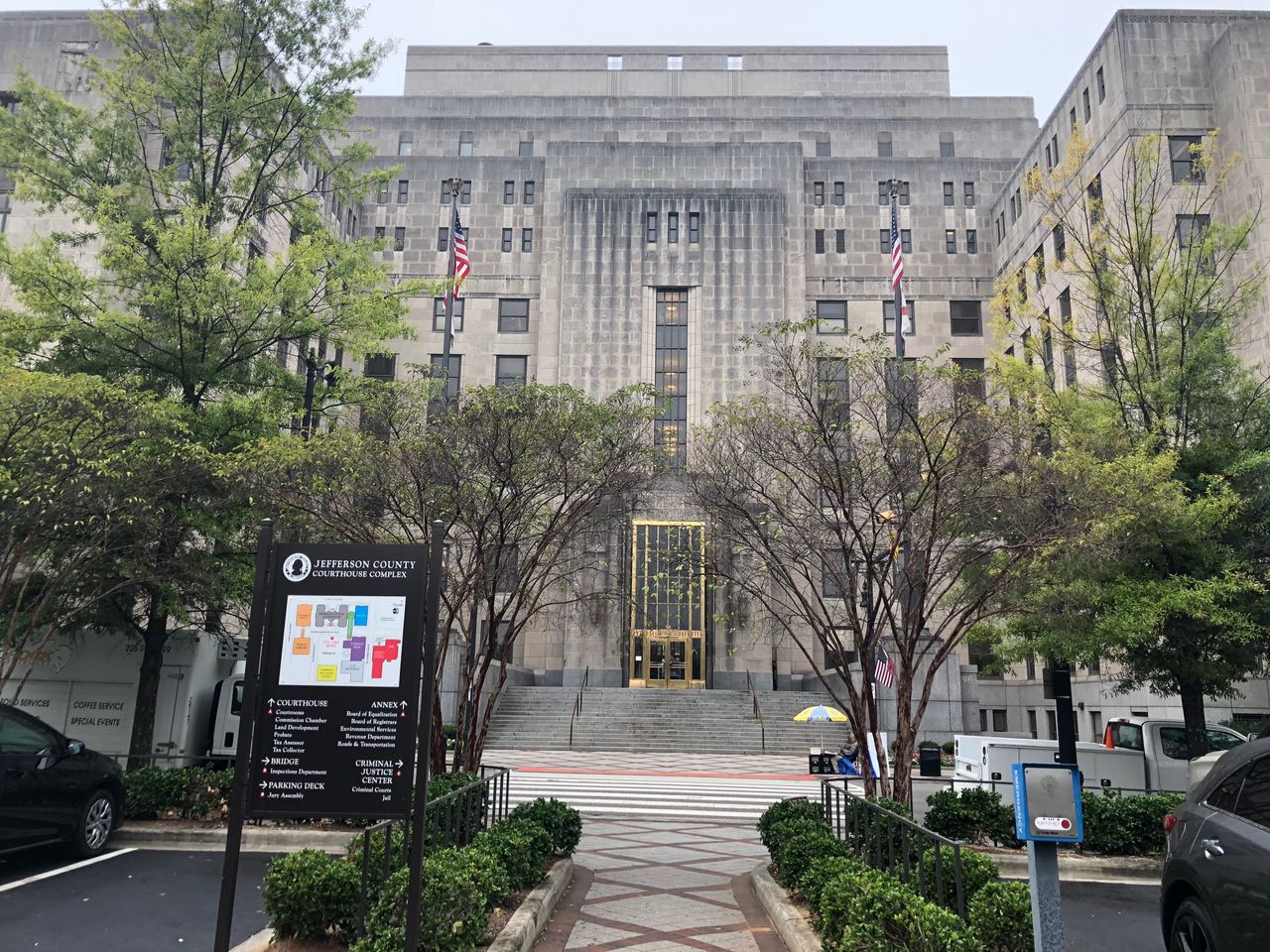Jefferson county lawyers to help people clear criminal records
People in Jefferson County with certain nonviolent criminal records can start the process to get their records cleared at a legal clinic on Friday, June 2.
Twala Grant Wallace, managing attorney for the Birmingham Bar Volunteer Lawyers Program, said clearing a criminal record can help Alabamians get jobs and housing. She said past crimes often disqualify people from jobs, even when there is a shortage of workers.
“It’s a win-win for the county, the city and for the population,” she said, “because the employers are able to find people to work, and the people that want to work are able to work and take care of family and get housing.”
Alabama passed a law in 2021 allowing some people with certain convictions for nonviolent felonies and misdemeanors to expunge their criminal records. Alabamians who have been convicted of nonviolent crimes, like minor traffic violations, drug crimes and theft, can apply to have their records cleared.
Wallace said those who get help from the clinic’s volunteer lawyers, rather than handling the expungement application on their own, may be able to save the $500 court filing fee cost.
Friday’s clinic will run from 9 a.m. to 4 p.m. at the Zion Star Missionary Baptist Church in Titusville. Though all appointments to complete the process at this clinic have been filled, people who walk in will have the chance to start their pre-screening process and get on a waiting list to complete their expungement with legal help.
Wallace said it is optimal for people who are planning to come to the clinic to start the process to get a copy of their certified case dispositions or case summaries. These can be obtained from the clerk at the court where they were prosecuted.
Each clinic can help about 25 people apply for expungement, said Wallace, and the clinics have been in such high demand, they are planning to hold another one this summer and again in the fall.
Wallace said getting a clean record can allow people to pay off loans, go to school and get a chance to start over.
“People say, ‘I don’t understand why no one wants to work,’ she said. “For a lot of people, they can’t, simply because of those impediments on their records.”
